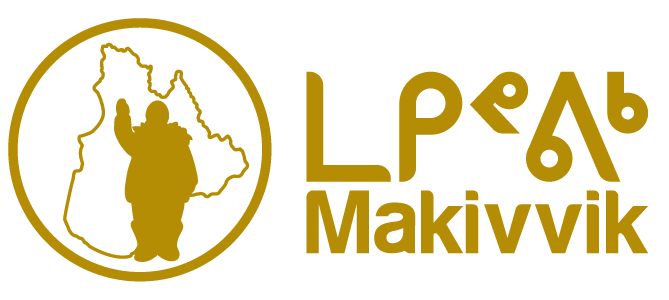
Nunavik’s first circus troupe celebrates Inuit culture and identity
Saali Kuata’s passion for circus comes through even when speaking on the phone. Back in April, after COVID-19 effectively shut down most of the country, the Kuujjuaq native was in Montreal where he has been living for about four years.
“This past year I’ve been training and trying to be a professional circus artist, trying to do this full-time, training by myself to get to a level of technique that I really want to achieve,” the soft-spoken 23-year-old explained. He trains in aerial ropes and other circus disciplines like acrobatics, juggling, and even stilt walking.
Kuata is a founding member of Tupiq ACT (Arctic Circus Troupe), a crew of circus performers that was born from Cirqiniq, a Nunavik social circus program, which planted the seeds for youth to become accomplished performing artists.
“Cirqiniq is a summer camp that brings Inuit youth together,” he said. “Every time we did circus, every time we performed and trained, every time we learn new things in circus, we always crave more.” But it was very hard for them to progress because they didn’t have coaches available in the North, nor the equipment or knowledge necessary.
Each year the participants would joke about how amazing it would be if they could create their own circus troupe, and about two years ago former Makivvik Socio-Economic Development Officer, Nathan Cohen-Fournier, dropped in to observe the summer camp and suggested the corporation could aid in its development.
“A bunch of us that were junior instructors, we just kind of looked at each other like, ‘Yeah, we want to do this,’” Kuata said. Cohen-Fournier recalls that meeting and that he told the group there could be possibilities to assist them in launching.
“For us, it was about providing a step further and giving young Nunavimmiut artists the opportunity to fulfil their collective potential, to unleash their creativity, and give it a shot for the first Nunavik circus troupe.”
It worked. The troupe performed their first show in the North, in Inukjuak, mid-March.
“It was pretty swell,” Kuata said. He is the secretary-treasurer of the group and explained they applied for a grant and started making the show back in November. They brought five of their artists together just to dedicate themselves to creating a performance that they could continue to sell for weeks and maybe years to come and they did it.
“Our long show has many circus disciplines in it, with many Inuit stories being told. It felt very nice because when we finished creating that show in Inukjuak, and the day we started performing it, we had light effects, sounds, and costumes. We were really able to go full out.”
The troupe tries to represent Inuit culture and identity by using circus techniques to tell myths and legends on stage from traditional oral stories.
“When we’re on stage we speak only Inuktitut,” he said. “We just kind of tell an Inuit story on stage or take characters from these stories and kind of create an actual character — a character that has feelings, or motives. Or we just expand the idea of who these people were, or what these creatures were, or what these myths were.”
Having circus as an outlet has had a positive effect on Kuata.
“Emotionally, where I am, it’s a very good place,” he said. “When I perform on stage and train in circus, I’m very free.” In the past, he admitted, he was unsure of himself, but circus training has shown him what he is able to accomplish. “It’s very surprising to myself when I look back now, and it’s like, ‘Wow, this is amazing.’ I work with the best people. I’ve made great friends and memories along the way and I can look in the mirror and be happy.”
However, the group does face some challenges. People’s availabilities vary. They may have school, work, or just be busy with life. Also, the troupe members are geographically separated. Some are in communities in Nunavik and some are living in Montreal but, Kuata said, it miraculously still works.
“If we have a gig here in Montreal, then I’ll make myself available because circus is the only thing I do. Then I call my colleagues, ‘Hey are you available on this date?’ and we train together and try to create something for this gig.”
Once travel and group projects can return to normal, Tupiq ACT has plans to continue creating performances to showcase in Nunavik, Nunavut, and throughout the Circumpolar world. Cohen-Fournier doesn’t doubt that the future is bright for the troupe.
“So far, they have done incredibly well. It’s a long journey, full of ups and downs but they are passionate, and they are having fun at the same time.”
Kuata said he also hopes the troupe can continue collaborate on new shows and bring them to an Inuit audience in the South.
“I really enjoy working with my gang and I believe we can do it, for sure.”

Makiuk. Sitting: Minnie Ningiuruvik and Sarah Ainalik. ©Danielle Bouchard

Angatookalook does a backflip. ©Sebaztien Girard





